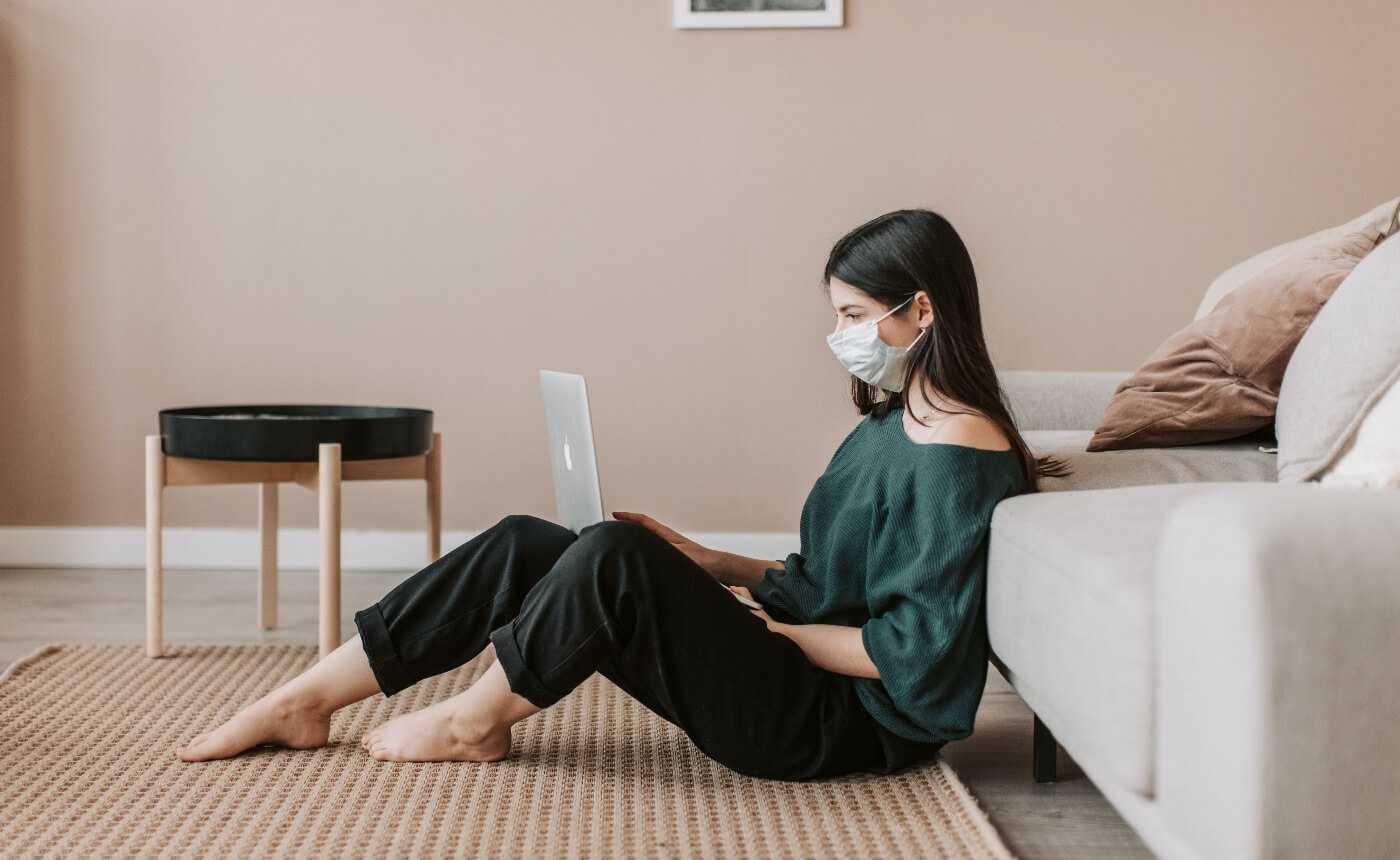The pandemic has been devastating. At the time of writing, the UK has seen over 81,000 covid related deaths, leaving thousands of families grieving for their loved ones. Over the past 12 months we’ve seen a number of restrictions, cautionary precautions and lockdown measures introduced by the UK government.
Lockdowns are necessary to keep people safe. Countries with robust lockdown measures like Australia, New Zealand and Iceland are now leading the way on beating coronavirus, showing consistent improvement in the number of cases over the past few months. Sadly, there are many countries who haven’t been able to tackle the pandemic as effectively and the UK remains classified as a country needing to take action.
The rules have changed regularly in the UK, with lockdown measures easing more than once, only to be introduced again shortly after. Many have found it difficult to adjust and there is more and more emerging evidence that the pandemic is having a huge impact on the mental health of the nation.
According to the Institute for Fiscal Studies, mental health in the UK had worsened substantially as a result of Covid-19. Mental health saw an average drop of 8.1% across the UK and by much more for young adults and women, groups who had lower levels of mental health pre-pandemic. This ultimately means that the pandemic has exacerbated the inequalities that already existed in mental health.
A number of studies have been done about the impact of Covid-19 on mental health and the results are concerning. ONS revealed that 63% of adults report feeling worried about the future, with over half of UK adults reporting that stress and anxiety is affecting their wellbeing.
Factors contributing to what Mind Charity is calling the “second pandemic” include isolation, job loss, financial difficulties, loss of housing security, the pressures of working in essential roles, loss of access to coping mechanisms and a reduction in mental health services.
People who require support and treatment for their mental health aren’t always getting the help they need. While most therapists have been offering support over the phone or online rather than face to face, some mental health services and clinics have found themselves technologically unequipped to provide support, leaving patients without.
Sophie, 44, was due to start counselling in April 2020, which was subsequently delayed due to Covid-19 restrictions. In January 2021, she’s still waiting and says that her mental health has worsened in the meantime.
“I feel really let down.” Sophie said “I waited a long time for counselling anyway and now it looks like another year on top of that. Nobody’s even got in touch. I’m worried about how I’ll cope with it all.”
Sophie tells me that she’s called a crisis helpline more than once because she needed someone to talk to. “It helped at the time,” she said “but I want to talk to someone I can build some trust with. I want to know that I’m making progress.” Sophie isn’t alone. Helplines are busier than ever.
Mind Charity has seen a spike in calls to their infoline. They had over 500 calls per day in October 2020, twice as many as normal for the time of year and are calling on the Government to urgently invest in community services and to allow people with severe mental health problems to access Covid-safe face to face support if they need it.
Chief Executive of Mind, Paul Farmer, calls the potential of a second, mental health, pandemic a “critical moment” for the government to act explaining that people who can’t access the support they need are ending up in crisis, which is traumatic for them and adds further strain to the NHS, who are “simply running out of mental health beds”.
According to NHS figures, there was a 15% increase in emergency referrals of people in crisis between March and July last year. The amount of admissions of people detained under the Mental Health Act also rose by 19% in that time. People are detained under the Mental Health Act when they are assessed as being at risk of harming themselves or others and need urgent treatment.
While the majority of the population have experienced a drop in their mental health, it’s important that we remember that the impact is significantly worse on those who already had mental health problems, prior to the pandemic. This could mean an increase of untreated mental illness in the UK population as a whole; a long term problem that will need to be addressed effectively to improve the nation’s health.
Poor mental health is also linked with physical health problems, which will mean a further impact on people’s health down the line. If the mental health crisis in the UK continues on its current trajectory, the government will need to act quickly to resolve it and avoid further pressure on the NHS at the time when we undoubtedly need it the most.

